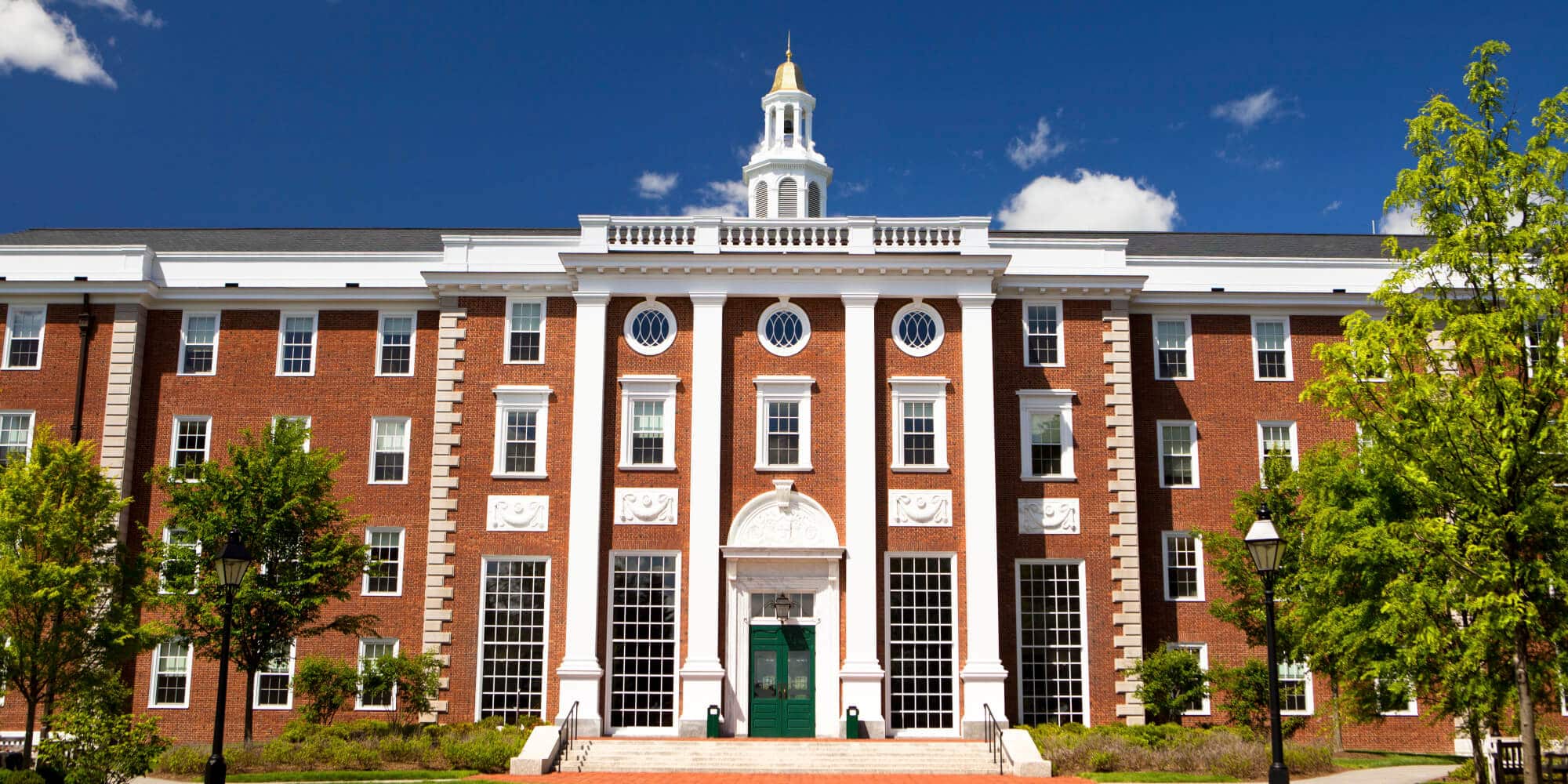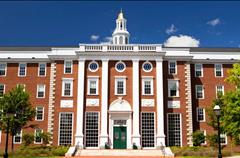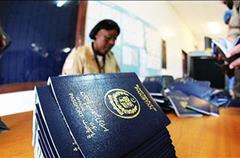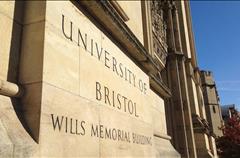Harvard University has publicly rejected a series of demands from the Trump administration, leading to an immediate freeze of $2.3 billion in federal funding. The administration had accused Harvard of fostering antisemitism and failing to meet civil rights obligations. This clash highlights the growing tension between the federal government and elite universities over free speech, academic independence, and ideological diversity.

Key Developments
1. Harvard’s Defiance and Funding Freeze
-
Harvard President Alan Garber stated that complying with the administration’s demands would undermine the university’s independence.
-
The Department of Education (DoE) froze $2.3 billion in federal grants and contracts.
-
The administration is reviewing nearly $9 billion in federal funding awarded to Harvard.
2. Trump Administration’s Demands
The DoE’s ultimatum included:
-
Reducing activist influence among students and faculty.
-
External audits of departments to ensure ideological diversity.
-
Merit-based admissions only, eliminating race or ethnicity considerations.
-
Screening international applicants for "anti-American values."
-
Reporting foreign students violating conduct policies to immigration authorities.
3. Broader Crackdown on Universities
-
Columbia University faces a potential $400 million funding freeze.
-
Some foreign students involved in pro-Palestinian protests are under deportation proceedings.
-
Hundreds of student visas have reportedly been revoked.
Harvard’s Response
1. Garber’s Public Letter
In a strongly worded statement, Garber argued:
-
No government should dictate university policies on admissions, hiring, or research.
-
Harvard remains committed to free inquiry but rejects federal overreach.
-
Antisemitism must be addressed without compromising academic freedom.
2. Legal Challenges
-
A group of Harvard professors sued the administration, claiming the funding review threatens academic freedom.
-
Garber called the DoE’s demands "unconstitutional" and a violation of the First Amendment.
Rising Tensions Over Campus Antisemitism
1. Pro-Palestinian Protests & Backlash
-
Since 2023, student-led protests have surged across U.S. universities.
-
The Trump administration claims universities failed to curb antisemitism linked to these demonstrations.
2. Harvard’s Previous Legal Settlement
-
In January 2024, Harvard agreed to enhanced protections for Jewish students after lawsuits alleged it ignored antisemitism.
Financial & Academic Consequences
1. Harvard’s Financial Strategy
-
Seeking $750 million in private loans to offset lost federal funding.
2. Potential Long-Term Effects
| Impact Area | Potential Consequences |
|---|---|
| Research Funding | Loss of federal grants could cripple key studies. |
| Student Diversity | Merit-only admissions may reduce minority enrollment. |
| Faculty Independence | External audits could stifle academic freedom. |
| International Students | Increased scrutiny may deter global talent. |
Political Reactions
1. Trump Administration’s Stance
-
White House spokesperson Harrison Fields stated:
“President Trump is working to Make Higher Education Great Again by stopping unchecked antisemitism and racial discrimination.”
2. Critics’ Concerns
-
Free Speech Advocates warn of government overreach.
-
Academic Leaders fear a precedent of political interference.
A Battle Over Higher Education’s Future
The standoff between Harvard and the Trump administration reflects a deeper ideological conflict:
-
Government vs. University Autonomy – Should federal policies dictate campus rules?
-
Balancing Free Speech & Civil Rights – How should universities handle activism and discrimination?
-
Financial & Academic Fallout – Will elite schools survive without federal support?
Harvard’s defiance signals a fight for academic independence, but the funding freeze could reshape higher education for years to come.
Key Takeaways
-
$2.3B federal funding frozen after Harvard rejects Trump administration’s demands.
-
DoE demands ideological audits, merit-only admissions, and foreign student screenings.
-
Harvard calls the demands unconstitutional, sues to protect academic freedom.
-
Similar crackdowns at Columbia ($400M freeze), visa revocations for protestors.
-
Harvard seeks $750M in private loans to mitigate financial losses.








.gif)





























